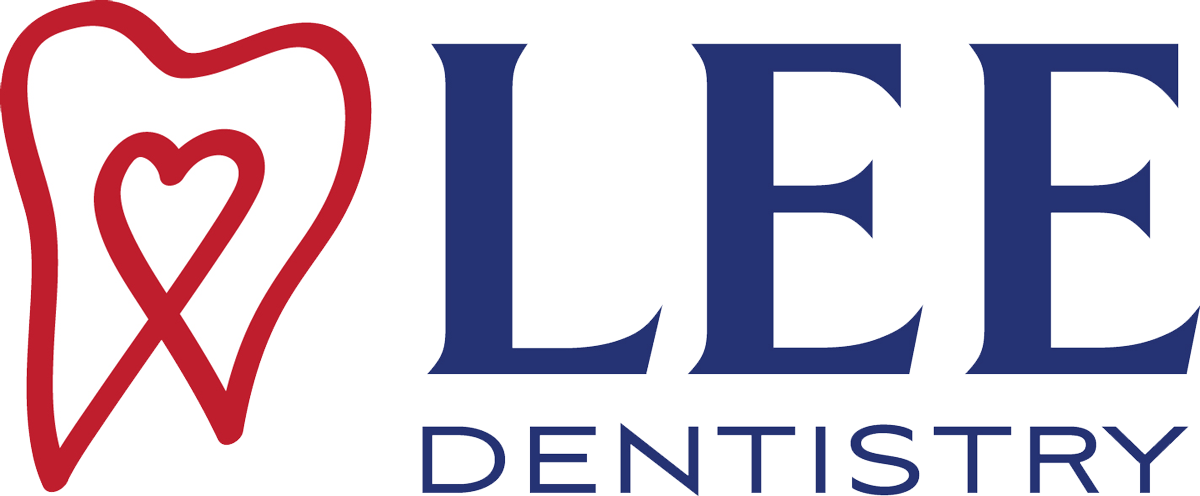



For those who have experienced tooth loss or irreparable damage to a tooth, dental bridges can help. This type of treatment replaces missing teeth by anchoring a prosthetic alternative to the two adjacent teeth, bridging the gap between them — hence the name. Bridges can be used to replace up to four adjacent teeth, depending on the individual.
Is this treatment option right for you? Like any other type of dental work, there are benefits and drawbacks to receiving dental bridges that should be carefully considered. A dentist can also offer insight that may apply to your unique situation.
The pros of a dental bridge
Bridges have been used by dentists for decades. They are an effective method for treating tooth loss that offers many advantages to patients.
Improves cosmetic appearance
One of the main reasons most people seek treatment for tooth loss is to improve their appearance. Severely damaged or missing teeth can create unattractive gaps in your smile that are very noticeable to others. Bridges are prosthetics, but they are designed to match the shape, size, and color of your natural teeth, enhancing the look of your smile.
Protects surrounding teeth from damage
Even though replacing a missing tooth has cosmetic benefits, it is also necessary to protect your oral health. When a tooth is lost, the surrounding teeth have to make up for it by withstanding excess pressure and force. Over time, this can lead to damage that may cause cracks and chips, increasing the risks for decay and requiring more repairs. A bridge replaces the missing tooth and is made from durable materials so it can withstand the pressures of everyday biting and chewing, protecting the other teeth from unnecessary damage.
Prevents pain, speech, and digestive issues
Missing teeth can make it difficult to chew your food properly. As a result, you may favor one side or area while eating but still have problems chewing thoroughly. This can lead to digestive troubles over time, as well as tooth and jaw pain. Restoring your smile with dental bridges ensures proper, comfortable chewing and a more even bite. In addition, replacing lost teeth helps prevent speech issues from developing.
Offers fast results
Many patients can have a bridge placed in as little as one dental visit. This quick turnaround helps prevent complications from developing before treatment is complete. The recovery process is also speedy with most patients resuming normal activities in a day or two.
Requires minimally invasive dental work
Other options for tooth replacement, such as traditional dental implants, require multiple surgeries and months of recovery. The process can be difficult for those who do not tolerate dental work well. Dental bridges do not require surgery or incisions, so they may be preferable to those who want a less invasive treatment option.
The cons of a dental bridge
Though dental bridges are often recommended by dentists and are both safe and effective, some disadvantages come with choosing this type of treatment for tooth loss. In addition to adjusting to the feel of a bridge, patients should be aware of these other issues.
Has a limited life span
With good home care and routine professional cleanings, a bridge can last for more than a decade. Most people should expect to get five to seven years out of a dental bridge before needing a replacement. While it is a sturdy solution to tooth loss, it is not a permanent one.
Requires specific care for cleaning
Bridges fit tightly against the surrounding teeth and gums, but food particles and bacteria can still become trapped here. In addition to careful brushing twice a day, patients need some other tools to clean a bridge well, such as:
- A water flosser
- An interdental brush
- Floss threaders
A dentist will instruct you on how to use these tools for proper cleaning.
May not prevent bone loss
Dental bridges do not extend below the gum line, so they cannot stimulate the bone underneath. While they do allow you to use the general area more when chewing, they are not effective at preventing bone loss under the specific teeth that were lost.
Produces less natural results
A bridge is more appealing than a missing tooth to most people, but it does not provide the same realistic results that other options can offer. Upon close-up inspection, it may be noticeable to others. However, most people will not be able to tell that you have a dental bridge.
Conclusion
There are many pros and cons to choosing dental bridges. Talk with your dentist to determine if this option is a good choice for your dental health.
Request an appointment here: https://www.leedentistryoxford.com or call Lee Family and Cosmetic Dentistry at (662) 546-1143 for an appointment in our Oxford office.
Check out what others are saying about our dental services on Yelp: Dental Bridges in Oxford, MS.
Related Posts
A dental crown restoration involves two dental visits. Dentists use this type of restoration to repair a range of tooth damage types, including decay, chips, cracks, and teeth worn down by continuous grinding. This guide discusses what you can expect during a dental crown restoration and how a dentist can help ensure a safe and…
Dental crowns are durable and effective for restoring damaged or weakened teeth. They improve the tooth's structure and function while also enhancing your smile's appearance. However, proper maintenance can extend their lifespan and ensure long-term oral health. With the right care, these restorations can last several years, providing a reliable and aesthetically pleasing restoration.A consistent…
It is possible to use dental crowns to restore teeth that have become damaged beyond repair, whether due to decay or trauma. A dentist may recommend this common type of treatment for a tooth that is: Seriously chipped Severely cracked or broken Weakened from numerous cavities or fillingsWhile the tooth can have extensive damage, it…
Preparing for a dental crown procedure? This restoration works to make unhealthy teeth strong again and improve your overall oral health. There are various reasons one may need to have a dental crown placed, including repairing a cracked or chipped tooth, covering stains and imperfections, or treating a cavity that has caused the tooth to…


